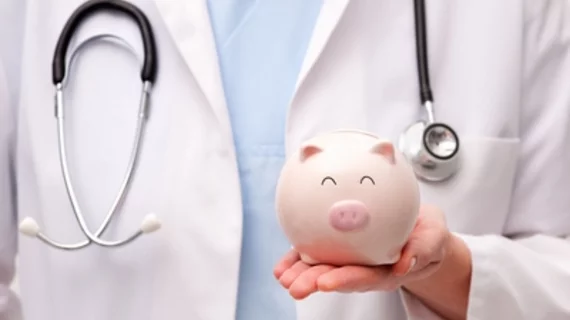Former Google company Verily raises $1B
Verily, a life science company that was formerly a division of Google X, has raised $1 billion in a funding round led by Alphabet, the parent company to Google.
The latest funding brings Verily’s total funding to $3.5 billion, according to Crunchbase. The company plans to use the latest $1 billion to expand its precision health business. Verily also plans to use the funds for its core initiatives, including real-world evidence generation, healthcare data platforms, research and care. Verily also stated it will consider investing more in strategic partnerships, global business development and potential acquisitions.
In addition to new funding, Verily also announced leadership changes as a means of succession planning, including naming Andy Conrad, founder, as executive chairman of the board. In addition, current President Stephen Gillet will be promoted to CEO. Both leadership changes will become effective January 2023.
At the same time, Verily announced Deepak Ahuja, CFO, is leaving his role for another opportunity.
The funding and changes come as Verily aims to become a more commercially focused company in precision medicine. The company received clearance from the Food and Drug Administration (FDA) for its electrocardiogram (ECG) feature in its Study Watch in 2019. Verily has also worked on other health information prototypes, such as shoes enabled with sensors that can help track weight, falls and movement.

